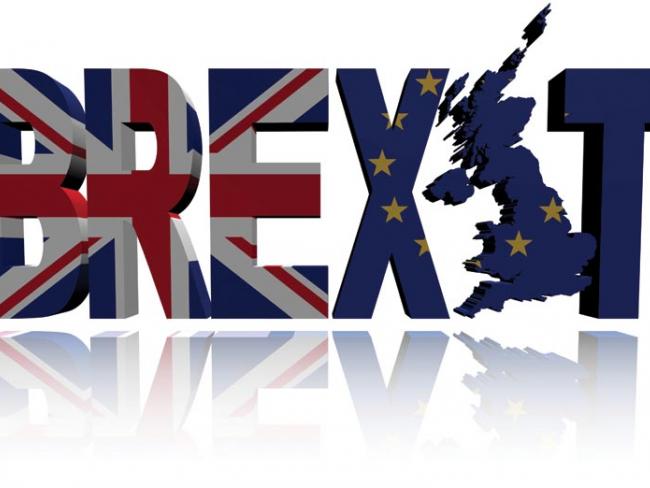“Nothing is agreed until everything is agreed,” said Theresa May and European Commission president Jean-Claude Juncker after the end of the first stage of the Brexit negotiations. That form of words also appeared in the joint report from the negotiators which the Commission presented to the EU Council on Thursday 14 December.
They might as well have added, “Nothing is clear until everything is clear.” The language in the report is in many places capable of several interpretations, and there is virtually no detail to explain the billions of pounds we are supposed to pay the EU for the privilege of leaving.
Much may never become clear, such as the size of the bill, or what “due regard” will be paid to judgements of the European Court of Justice. Eventually, in the nature of things, the status of the Irish border will become clear, but what that status will be is not clear now.
What the people of Britain need is clarity, the kind of clarity that they showed in the referendum of June 2016. They voted to leave the European Union, and they expected that we would be out by June 2018. Then-prime minister David Cameron had vowed repeatedly that if the referendum went against him he would invoke Article 50 immediately.
It was crystal clear that leaving meant getting out of the single market. It was, indeed, the only thing that Cameron, Osborne, Gove and Farage – in fact, all the campaigners on both sides – agreed on.
Yet now the government and the EU have agreed, in the section on Northern Ireland, “In the absence of agreed solutions, the United Kingdom will maintain full alignment with those rules of the Internal Market and the Customs Union which, now or in the future, support North-South cooperation…” What do those words mean? Not clarity, for sure.
And yet, as the second stage of negotiations begins, one thing has actually become clearer: the EU is desperate for an agreement, if only because it desperately needs money. Brussels has backed down on many of its demands, and it changed course swiftly after a brief (reportedly, very brief) phone call between DUP leader Arlene Foster and Theresa May.
Britain is not Syriza-led Greece. We don’t have to roll over and agree to diktats from Brussels. That should give fresh confidence to Britain as the negotiations proceed.
“No deal is better than a bad deal,” Theresa May told the Commons in her report-back on the negotiations. It’s time for the government to start acting more as though they really believe this.
Too much of the negotiations gave the impression of British negotiators going cap in hand to Brussels like loyal subjects, at whatever time of the day or night suited the EU. It’s time to toughen up.
No deal should be our starting position. We just want out. And if the EU doesn’t start cooperating, no deal should be our final position.

